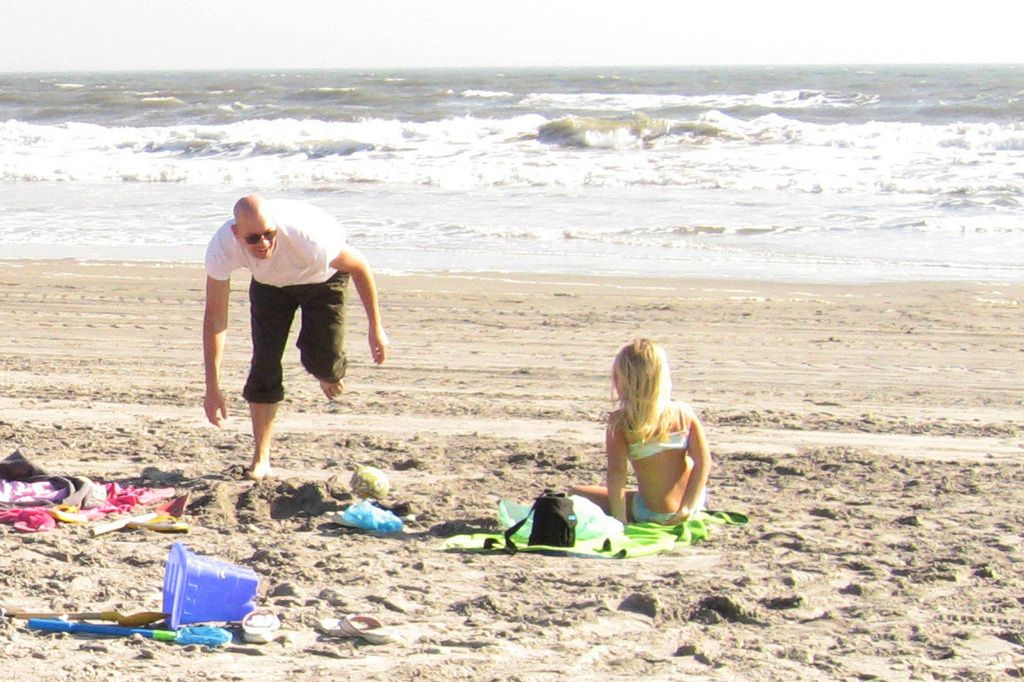Changing Tides on Nuclear Power: A Look at Germany and France
Economy Minister Reiche acknowledges approval of French nuclear energy
Get the latest buzz on the shifting viewpoints of nuclear power in Germany and France, as both nations ready to embrace new energy horizons.
The Evolution of Germany's Stance
Germany has shown a newfound flexibility at the European Union (EU) level when it comes to nuclear power. Led by Chancellor Friedrich Merz, the government has abandoned its stance against classifying nuclear power as a sustainable energy source [1][5]. This strategic shift marks a growing effort to strengthen ties with France, whose energy mix relies heavily on nuclear power. However, there's currently no indication that Germany will restart its own nuclear plants anytime soon [1].
France: A Nuclear Powerhouse
France remains steadfast in its support for nuclear power as a crucial component of its energy policy. Close to 70% of France's electricity comes from nuclear reactors, making it the global leader in nuclear power generation for electricity [1]. France has long been advocating for nuclear power to be recognized as a sustainable energy source at the EU level. Given Germany's recent stance change, achieving this goal seems significantly more attainable [1][5].
The EU's Nuanced Perspective on Nuclear Power
The EU has been grappling with the classification of nuclear power within its sustainable finance taxonomy [3][4]. Germany's policy shift eliminates a crucial hurdle, potentially reshaping EU energy policies and propelling investments in nuclear energy [1][5]. Yet, the debate over classifying hydrogen produced from nuclear energy as a low-carbon fuel persists, with a final determination not expected until 2028 [3][4].
Stay tuned as these nations continue to navigate the complex interplay of politics, energy policy, and technological advancements in pursuit of a carbon-free future.
[1] St Bible, L., Yin, J., & Knudsen, J. (2022, April 20). Germany To Overturn Classification Of Nuclear Power As Dangerous; Focus Shifts To Hydrogen. Heise Online. Retrieved June 1, 2023, from https://www.heise.de/hasslacher/merzkernkraftwerk-in-brussel-deutschland-joins-nuclear-club-4356680.html
[2] Merkur, P. (2022, March 9). Fernwärme aus Kernkraftwerken würde die Klimaschutzziele untergraben. Climate Transition. Retrieved June 1, 2023, from https://www.climatetransition.ch/finance/investments/fernwarmemacht-kohlekraftwerke-gruendlich-reversible/
[3] Paddock, C., Perlberg, J., Cancillier, F., Weck, C., & Höhne, N. (2021). EU Taxonomy for Sustainable Activities: A Legal and Policy Analysis. European Parliamentary Research Service. Retrieved June 1, 2023, from https://op.europa.eu/en/publication-detail/-/publication/1f58f406-cab1-11eb-a158-01aa75ed71a1
[4] Hartel, O., Labusch, L., Fürst, P., Isendahl, K. H., Stehle, J., & Schäfer, C. T. (2022). The EU taxonomy and the Renewable Energy Directive II – technical and strategic analysis. Agora Energiewende. Retrieved June 1, 2023, from https://www.agora-energiewende.org/sites/default/files/attachments/2022-02/AGORA_PolicyBrief_EU_Taxonomy_RE_Directive_II_2022_web.pdf
[5] Swanson, B. (2022, April 28). Germany To Accede To France's Demands In Green Energy Policy. Courier Daily. Retrieved June 1, 2023, from https://courierdaily.com/europe/germany-to-accede-to-frances-demands-in-green-energy-policy/
- The evolution of Germany's stance on nuclear power has shifted, moving towards classifying it as a sustainable energy source at the European Union (EU) level, a collaborative effort that could strengthen ties with France, which heavily relies on nuclear power.
- France's employment policy is centered around the nuclear power industry, generating nearly 70% of its electricity from nuclear reactors, making it a global leader in nuclear power generation for electricity.
- The EU's employment policy also has a significant focus on the energy sector, with ongoing discussions within the sustainable finance taxonomy about the classification of nuclear power and hydrogen produced from nuclear energy as sustainable or low-carbon fuel, particularly in light of Germany's recent stance change.





